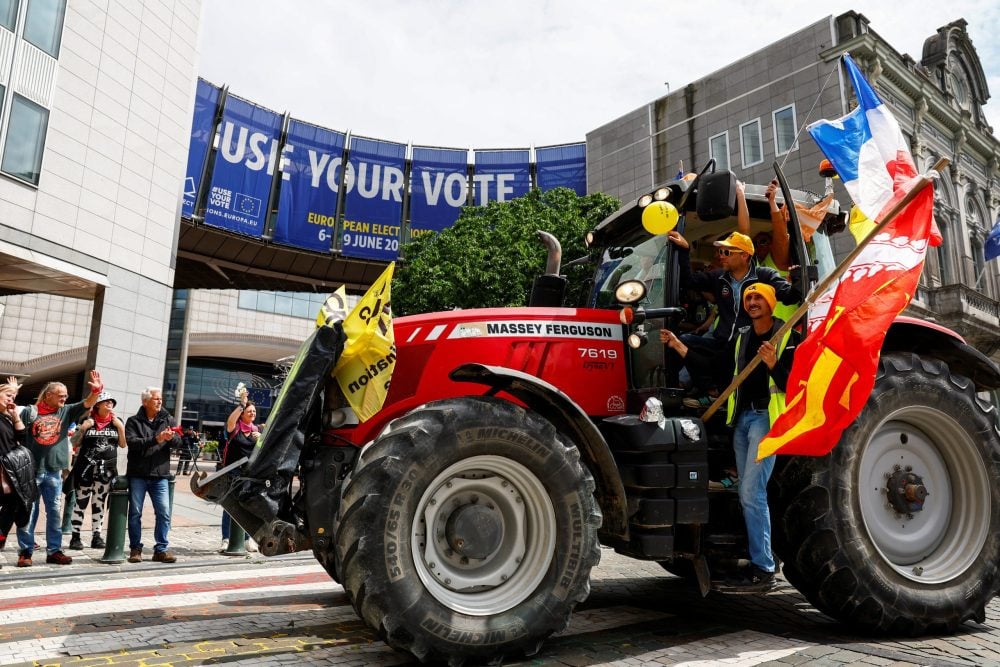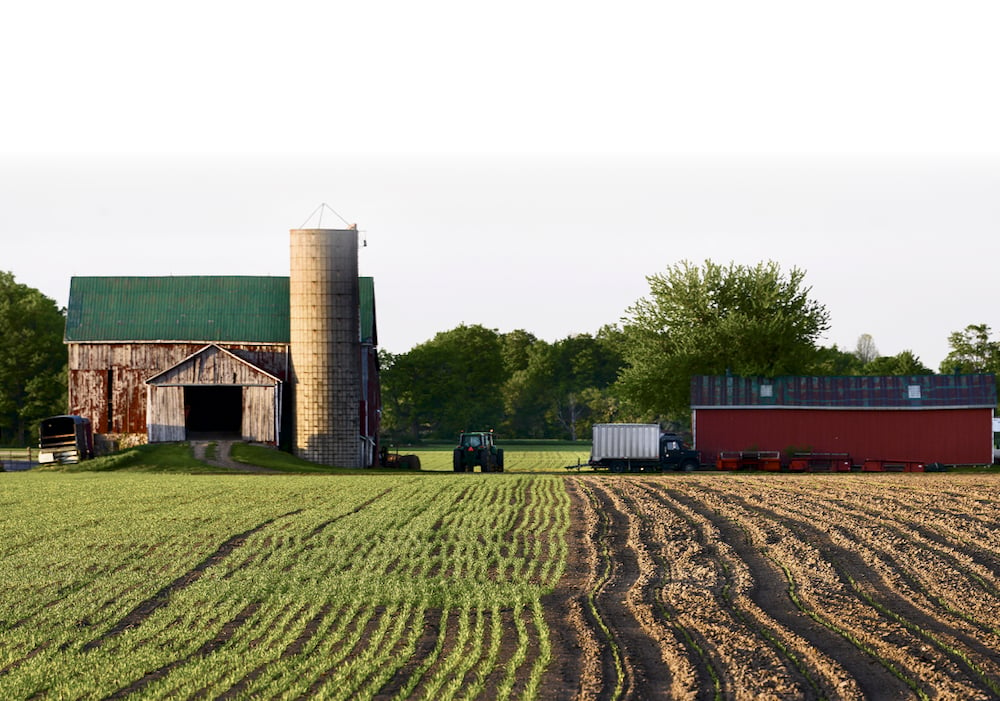Opinion: Farmer frustration finds political success in Europe

There’s palpable frustration on farms in Europe and it’s spilling from the countryside into political action – and success.
Read Also


Senate report calls for soil strategy, national soil advocate
A recently released Senate committee report says Canada requires a long-term soil conservation and protection strategy. Ontario Senator Rob Black…
The BoerBurgerBeweging (BBB) in the Netherlands, also known as the Farmer-Citizen Movement, has in five years grown from grassroots to gaining the largest percentage of votes in the Netherlands provincial elections last spring.
It is now part of the national governing coalition established in early June after the BBB increased its portion of the national vote in fall 2023. The BBB also had success in the recent European elections and has set its sights on increasing its impact in Europe.
The BBB’s growth, in the countryside and also in urban areas, shows the general frustration in Europe with intrusive government policies that threaten entire industries, ways of life and the ability of countries to feed themselves.
The Greens will have 27 per cent fewer seats in the new European parliament, as concerns with the economy and immigration have overtaken environmental issues as a priority.
I don’t think this movement is just green fatigue. It’s something deeper about the intrusiveness of government in people’s lives.
In the Netherlands, this frustration is best symbolized by government control of nitrogen, which was identified 30 years ago as a problem in the water-dominated country. The country even has a minister of nitrogen policy.
There’s no doubt nitrogen can have significant effects on aquatic ecosystems, but the focus on nitrogen is an example of one environmental policy having such overemphasis that the effect on other policies becomes ludicrous.
I visited farms in the Netherlands recently, including in the west where dairy farmer Han Langeler ships a portion of his manure 150 kilometres away to other farms. Farmers in Canada get concerned if they have to move manure more than five km, as it stops making economic sense.
Imagine moving manure, containing mostly water, using fossil fuel-burning trucks 150 km away. Then imagine importing chemical fertilizer back to the farm, which has come from a large carbon-emitting fertilizer plant and required trucking back to that farm.
That’s the kind of math that the nitrogen regulations have created for farmers. It’s not close to good climate math. The nitrogen-only focus negates the value of other nutrients in manure, and the organic matter and biology it can add to soil.
The Netherlands isn’t Canada and there likely is a problem with excess nitrogen in a country with similar livestock numbers to Canada and much smaller geography. However, a solution that involves exacerbating one problem to create a solution for another is rarely sustainable in the long term.
The most interesting development is the arrival of farmer-supportive parties like the BBB, which have garnered significant electoral success in the Netherlands.
In Canada, there’s also rural frustration with intrusive government regulations and taxes.
In Europe, governments have reached a “comply or go out of business” level of involvement in farms. That’s why countries like the United Kingdom can no longer feed themselves. We’re not there yet in Canada, but incrementally, farming is more difficult because of building permits and regulations, best practices standardization, taxes on Russian fertilizer that farmers in other countries don’t have to pay and carbon taxes.
These add up to a weighted blanket of inefficiency that can smother productivity and growth on farms.
Canadian farmers used to be productivity improvement leaders, but that has stalled over the past 10 years. Is Canada ready for a farmer political party when one looks to the Netherlands and the success of the BBB?
There’s a tradition of farmer-led political parties in Canada, but they are all part of long-ago history. The United Farmers movement had parties across the country and held power in Alberta and Ontario in 1919. The United Farmers party in Manitoba won seats until the 1950s. Grain growers worked together to control other parties.
The United Farmers from Alberta and Ontario ran candidates as a semi-autonomous block of the new Progressive Party in the federal election of 1921, which came from nowhere to form opposition. That was a long time ago.
Electoral systems in Europe are based on proportional representation, different than our first-past-the-post system, which limits the potential of smaller and protest parties.
Farmers are diverse across Canada, with differing priorities, but I could see a farmer political movement at least being of interest to many, on and off the farm.
Source: Farmtario.com

